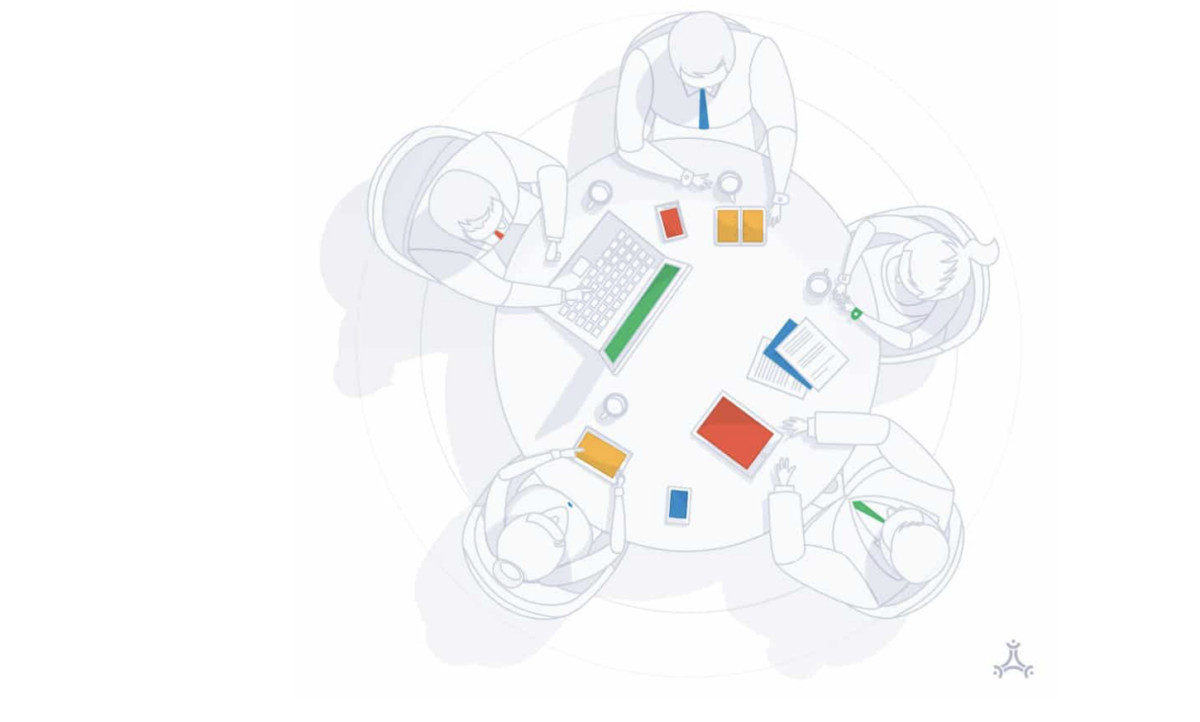Autonomy, Transparency, and Impact - some of the key ingredients that help make a strong engineering culture. Here's how to build a good culture that gives the power back to the engineers and makes them happy and productive.
Are you happy at your job?
A simple question, yet it can lend a great deal of information.
Most engineers who are happy at their job happen to work at a company with a great engineering culture. Likewise, unhappy engineers happen to be part of a company with a not-so-great engineering culture.
Bad culture is easily noticed. Things are going slow, communication is bad, teams are not in sync, and bosses do micromanagement.
A good culture is equally noticeable. Employees enjoy a great culture that gives the power back to them and makes them appreciated and productive. This culture strives to bring autonomous teams together and inspires engineers to innovate and create better products.
But how do you build a great engineering culture?
In this post, I'll discuss every component I believe is critical for building and sustaining a strong engineering culture that will empower developers to innovate and thrive.
Make People Feel Closer to Each Other
People in your company must feel a sense of respect and appreciation for one another. They need to trust that their coworkers and engineering managers want what's best for them and are transparent with both good and bad news.
One way of making people feel closer to each other is by organizing team-building activities. For example, you can create different channels on Slack where people will connect and interact in meaningful ways outside of regular meetings. From #travel and #food channels to #petowners and #moviefreaks, let yourself be creative when creating these channels.
Apart from team-building activities, another idea is to celebrate your team's small wins. You’ve just completed a sprint, burned all of the items, and had a smooth production updated. Always dedicate time to reflect and celebrate even the smallest achievements. That creates a culture of appreciation and making continuous improvement, day by day. Or even better, on your next production release, organize a virtual party and ask everyone to grab their favorite drink and celebrate.
What these activities will do is they will help you build a great culture. Your engineers will learn about their coworkers' strengths and weaknesses, who they can trust in really stressful situations, and who they can reach out to for a quick drink after work.

Autonomy and Trust Is Key
“Control leads to compliance; autonomy leads to engagement.”
Probably the most famous autonomy model of all time is Spotify's.
Spotify's model supports autonomy and creativity by letting employees complete their tasks in the way they see fit. Do you need to work on resolving technical debt? That's up to the team. Do you need to change direction? That's up to the team.
One team can have daily meetings, while other engineering teams can meet only when necessary. One team can be using one project management tool, while the other can be using a completely different one.
In brief, the Spotify's model decentralized decision-making and transfers that responsibility to its Squads, Tribes, Chapters, and Guilds.
In addition to this, teams at Spotify have such a high level of autonomy that one team can change another team's code. For example, if team A wants to access team B's codebase, team A has to ask for the change first. If team B says "go" but is too busy to do the change, team A has the complete autonomy to change the code itself.
This high level of autonomy can lead to better products, more engaged employees, and happier customers.
To encourage more autonomy at your company, determine which decisions can be trusted to your teams instead of being mandated by departments that are disengaged from the everyday engineers' work.
Create Transparency
Transparency at the workplace indicates an environment where employees can communicate openly and honestly with their team members and managers, cultivating a culture where information flows freely between people, development teams, and departments.
One of the main cornerstones of transparency is feeling like you can safely give and receive feedback. Transparency creates trust, inspires innovation, and supports healthy work environments. When every team member is up-to-date with what is happening on their team and why, they will, in return, be more engaged in their work and more creative in solving problems. On the flip side, a lack of open communication can lead to mistrust and harm your team's projects.
One great example of a transparent workplace is Buffer.
In fact, Buffer is so transparent that you can see how much each employee makes (the CEO made $218,000 in 2016).
Apart from salaries, code, revenues, and diversity stats are all published on Buffer’s transparency page. By being fully transparent, trust between team members has increased drastically, which has helped create a healthy and sustainable work environment.
Transparency also includes sharing your wins, decisions, failures, and challenges. Sharing your failures is more challenging than sharing wins, but it has the power to increase trust and unity on a team. So, instead of sugar coating things, share with your team how you failed, why you failed, and how you plan to move forward.

Bring the Impact Closer to the Engineers
Why do software engineers write code?
Is it because creating great software makes them happy?
This is not really true.
In reality, the bulk of engineers are most passionate when they're making customers happy. They want to know that what they do is useful for the people who are using the product. Put yourself in their shoes. They spend day in, day out coding, and it's only understandable they would want to see the outcome of their work.
Unfortunately, many tech companies overlook the sense of purpose employees crave. Consequently, employees are left feeling like they're just working for a paycheck and aren't contributing to anything greater than themselves.
Here are a few ways how you can bring the impact closer to the employee:
- Share the company vision.
- Offer recognition.
- Express gratitude.
- Let employees sit down with customer service and listen to customer's feedback.
- Share customer success stories.
Key Takeaways
We'll finish this post with a quote by the business management guru Peter Drucker, who said:
Culture eats strategy for breakfast.
Meaning, regardless of how strong your strategic plan is, it's bound to fail if the people driving the strategy aren't passionate about the job and your company.
With that said, the goal of any technical leader should be to build a strong engineering culture that focuses on making employees happy and productive by giving them autonomy and creating transparency. A culture that will make them feel appreciated and included, help them see the impact of their work, and inspire them to always innovate and create better code.


